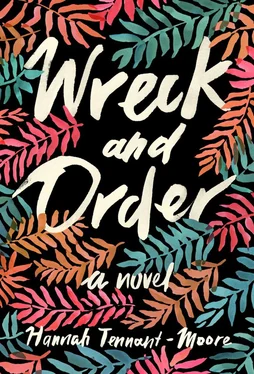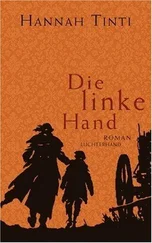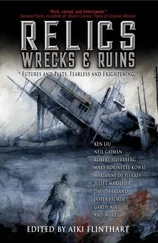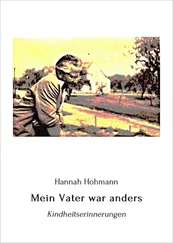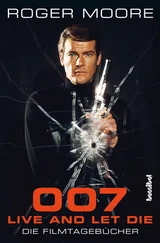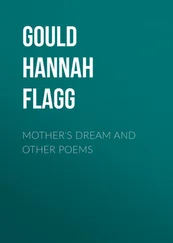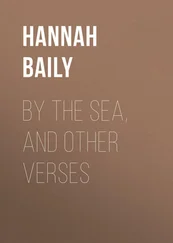“It’s not funny. It’s terrifying.”
He leans toward me and grins, more at ease now that I’m afraid.
“Thank you for the drink. Good night.” I stand up. He stands up, too, so abruptly he upends his chair. He takes my hands in his and squeezes until my knuckles grind against each other. He pulls down on my arms until I sit back down. The lights in the café have gone off. The tiki torches have burned out. The blackened windows of the nearest hotel glisten when the moon shines through the cloud cover. I no longer feel unacceptable. I feel like a word I’m trying not to hear.
“I don’t have to leave quite yet,” I say. “We can talk a little more.”
Claude moves his patio chair directly opposite mine. His knees grip my knees.
“I’d like your opinion on something, actually,” I say. “I’m sort of obsessed with the war. That’s partly why I came to Sri Lanka in the first place.” Claude tilts his head and fixes his eyes on me. His silence is reassuring. “It seems really fucked up to be obsessed with a war in this kind of voyeuristic way, but then when I think about Abu Ghraib and Guantánamo and how it suddenly became normal to talk about torture with strangers at a bar, holding people’s heads underwater and hanging them from the ceiling until their shoulders dislocate and they lose consciousness — this became just something our country does sometimes, like all the other countries. And then there are these games on the Internet where you can torture people for fun. Free games, anyone can use them. Take a photo of your enemy, click a button, and jam nails in his face, move the mouse over his foot and saw off his toes. I see teenagers playing this game on the subway. Casual entertainment. This is the world, right? And all I’m doing is crying over boys. But I can’t help it, the feelings are true, they don’t stop, I can’t help it. So I guess I thought that maybe if I could just really understand — if it could be not just some sad news story to me, but if I could really understand what it has been to live through this war in Sri Lanka, from the point of view of the people who have suffered the most, then I would — um. You know.” Claude is gradually closing the distance between our faces. His fleshy hand opens and closes on his knee. I speak faster, staring at and not seeing the ripples so small and gentle they seem frozen on the surface of the ocean. “I’ve always known I have no right to be as fucked up as I am. So I’m obsessed with people who have the right. It’s a kind of narcissism. Of course I know that. I wish I could be like Suriya. She’s my friend in Kandy. Or else be an activist. Be like Suriya or be an activist. Or maybe I can just be ca—”
“Are your eyes blue or green?” Claude leans in so that my knees press into his belly.
“Oh, that really depends on so many things. On the light and what I’m wearing and if the person looking at me has some tiny bit of color blindness. Maybe not even diagnosed.” I look at my hands, upturned in my lap. When I called my father after Brian kicked me out of our apartment, Dad said, “Go for a walk around the block. Have a glass of water. Sit still and notice the way your hands look in your lap.” I tried to do all of those things. I couldn’t do any of them. I bought Jared a plane ticket to New York.
My hand is in Claude’s hand now, his palm sweating on my cold, stiff fingers. He pulls my hand to his chest and presses it against his saggy left breast. His heartbeat is rapid and faint. For an instant, it’s soothing to be reminded of the efficiency and independence of bodies, each reduced to the same basic urges. But then Claude clears his throat and spits on the ground by my feet. His saliva makes a tiny glistening pond in the sand. A specific pond on the verge of specifically disappearing. Not a thought at all.
In ninth grade, the boys in my classes started fighting in the soccer field after school. The violence was taken for granted, a foregone conclusion. I felt dizzy whenever a kid with a black eye and swollen cheeks passed me in the hall. Someone had done that to him. He had felt that being done to him. “I’m telling you, don’t mess with him, holmes,” I heard one kid telling another in the cafeteria. “I pissed blood for a week. I thought I was gonna die.” When I went to a Take Back the Night march a few years later, and held a candle while I listened to girls — some crying, some stone-faced — telling stories I wished I didn’t have to hear, I remembered that small-nosed teenager. Is one kind of violence worse than another? Or is the idea of rape as a violation of the most inviolate part of self — one’s soul or essence or purity, or whatever you call it — the unnecessary second arrow of suffering, intensifying the energy of an experience whose horror might be limited to the physical and temporal? Is the perceived power inherent in inflicting that psychic violation part of what incites rapists to rape? These thoughts come to me as shapes and textures. I sense what my mind is trying to say, but I can’t yet hear the words it’s using.
Claude holds my chin between his thumb and index finger and leans toward me. The insides of his large lips wet my closed mouth. He pulls down on my chin and presses his tongue against my tongue. Without meaning to, I bite down. Claude sits back and slaps me with halfhearted aggression that matches mine. He kisses me again. I let his tongue circle the dead weight of my own. He stands up and walks behind my chair, squeezes and releases my shoulders, kneads my collarbone, moves his fingers to the hollow at the base of my throat and presses hard. I can’t breathe for a moment. He releases his hand. I cough. He places his palm over my forehead and pulls me back against the base of his belly. His penis hardens against my neck. For a moment, my body opens to the familiarity of the touch. Then there’s a sound like strings breaking in an orchestra in some windowless school auditorium in a little town filled with mostly empty parking lots. I fall into that other frequency, far below the clamoring moment, sorrow great enough to forgive me. Claude kneels in front of me and touches my face and smears the tears against his thigh. “I need sleep,” I say.
He lifts me out of the chair and puts his arm around my waist. I hiccup as he walks me back to the motel.
At the door to my room, I mumble, “Bonne nuit,” but Claude takes the key from my hand. I stand in the doorway as he reties my mosquito net over my bed and fumbles with the light switches until he finds the one for the fan. He returns his arm to my waist and walks me to the bed. He won’t hurt me, not really. This will be the kind of badness that I can’t help but recover from. He cups my shoulders and lowers me onto my back. He wheezes as he wrestles with my pants, still damp and clingy with saltwater. Sitting upright on the edge of the bed, he jams his fingers inside me. I put my hand on his wrist and tell him to get a condom out of the toiletry bag in the bathroom.
As he walks back to the bed, I think of a scene in a movie that shows only boot-clad feet, that kind of cheap foreboding. I like the thought, and nestle into it as Claude parts my legs with his knees. He lowers himself onto his elbows, depressing the mattress on both sides of my head. Raising himself onto straight arms, he pushes in. His hips move in a slow, rolling motion that makes me feel nothing. Here I am, all grown up. This is not rape, not sex, not life, not death, not right, not wrong. Unwanted, but here. I have succeeded. I have rid sex of its vanity. I have stripped myself of my ego. I have lost all concern for my circumstances. This is enlightenment, for a regular person (Suriya’s phrase) who is not close to ready for enlightenment, who skipped the part about circumambulating the temple with my head bowed, begging Lord Buddha — or whatever you call it — for absolutely nothing. Without the humility required to make some sacrifice, however simple, all the spiritual insights in the world still add up to nothing. A drop of Claude’s sweat falls onto my face. I turn my head and wipe my cheek against the sheet.
Читать дальше
